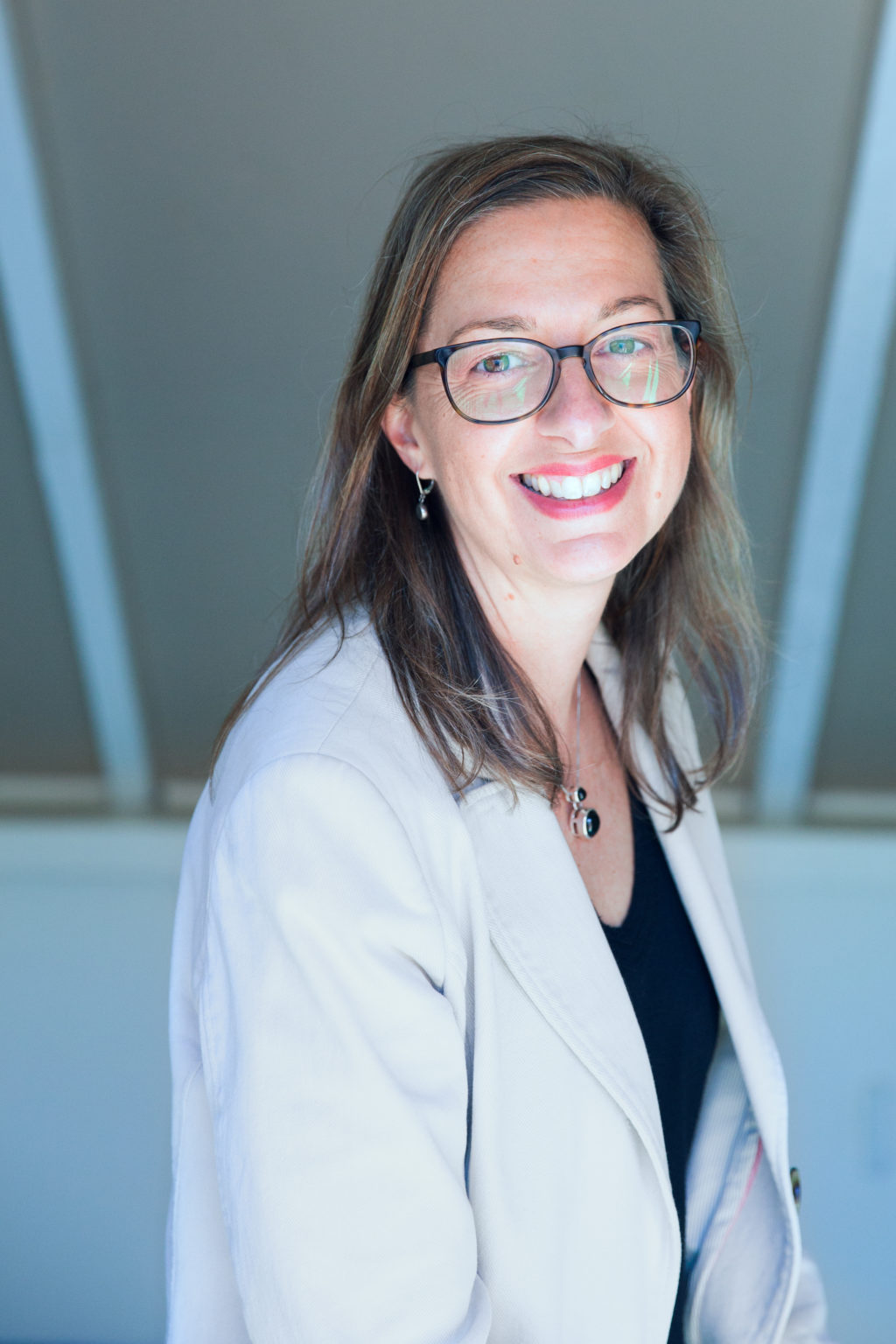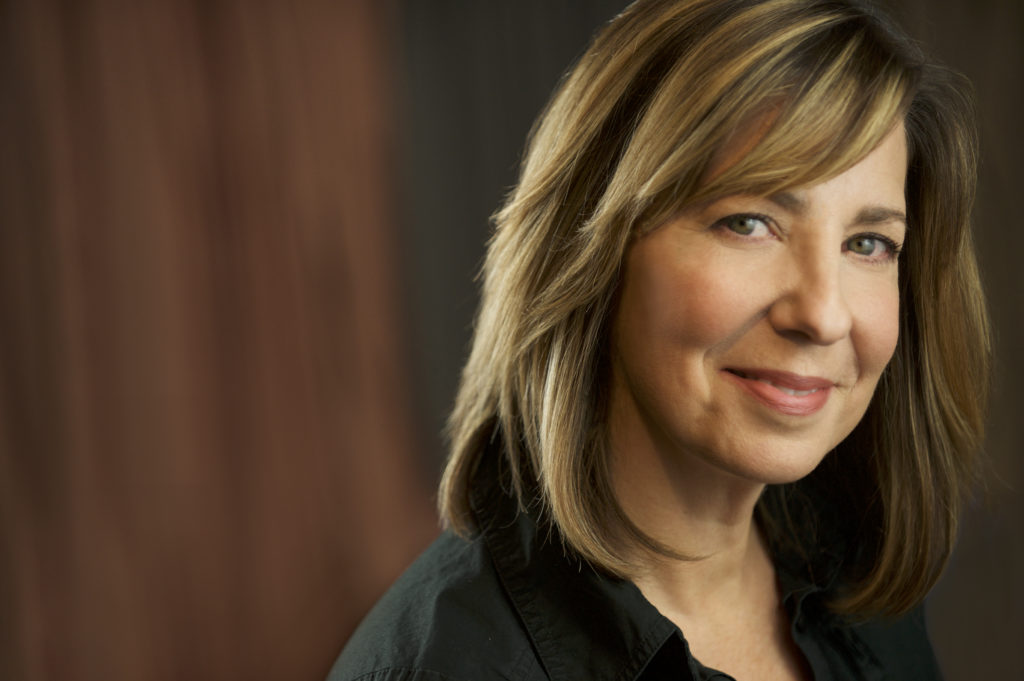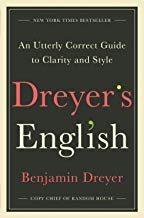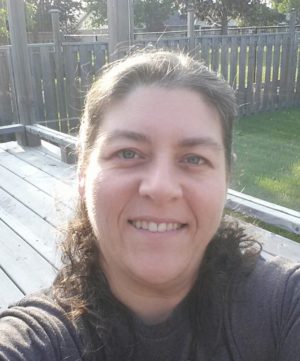Interview with Professional Editor Kristen Tate
For this month’s post, I am pleased to interview professional editor Kristen Tate. I hired Kristen for developmental editing, copy editing, and very soon, the interior formatting of my second novel. I am a pantser – that is, I plan very little as I write. This writing style most often requires many edits after the first draft is finished. In my case, I had great difficulty with both the characters and plot and was at a loss on how to refine and improve it. I needed help and was worried I would have to abandon the project if I couldn’t make it work. Fortunately, with Kristen’s guidance, direction, and tremendous patience, I was able to polish the writing into a finished manuscript that I am satisfied with. I asked Kristen to share her experiences and insights in the writing world in an interview and she agreed.
1. Q. Please tell me about your background and how you came to enter the field of freelance copyediting?
Reading has always been the thing I loved most, so I looked for a job that would pay me to read. At first, I thought I would be an academic and I got a PhD in English, which was a (mostly) wonderful experience. My job this week is to read Bleak House and Paradise Lost and write about them and show up in class and say smart things about them? Yes, please! But then I had to face the challenging realities of the academic job market. I had a toddler and a baby at that point, and it wasn’t going to be easy for me to relocate somewhere for a job. After a while, I started doing pro bono editing work and exploring jobs in publishing, as well as getting freelance work as a copywriter. I had a client who was self-publishing a book, and that was the first time I realized that I would be able to build a viable freelance career focused on book editing. I took some additional courses to hone my copyediting and developmental editing skills and started to build my business, little by little.
2. Q. I saw your name on Joanna Penn’s list of copyeditors. I hired you because I thought you did an excellent job on my manuscript’s sample edit and your price was reasonable. How do you stand out in the large field of copyediting freelancers?
I try to be authentic and relatable in all of my communications, whether that’s a blog post or an off-the-cuff tweet. We get so many generic marketing messages these days that simply sounding like a real human can help you stand out. I also draw from my training and experience as a teacher. My job is to help authors improve the book we are currently working on together, but my mission is to teach them skills they can use in every piece of writing they will do in the future. My clients learn to trust me, and at least half of my projects during any given year are from repeat clients or from client referrals.
3. Q. What do you enjoy most about your work? What do you dislike about it?
I love working with words and stories every day. My job is to make sure authors tell the best story they can and that readers have the best experience possible. What could be better than that? I love that I can set my own schedule and work processes. The downside will be familiar to anyone who freelances: I’m also in charge of invoicing, accounting, taxes, website maintenance, and all kinds of other boring things that just have to get done.
4. Q. I believe I speak for many writers when I say that I wish I could write full-time or have a job using my writing skills instead of writing whenever I have free time. What would you advise writers like myself?
This is something I have come to believe as I have gotten older: All of us have a vision of a perfect future life – if only I could do X, then I would be happy. The truth is, if you were doing X you would still have a lot of the same challenges, they would just take different forms. That said, it’s easier now than ever before to build a career around writing skills. But you’ve got to be self-disciplined and realistic and learn how to be a freelancer who can make an income. Those are different skills than writing skills, and not everyone wants to learn them.
5. Q. How did you receive training for copyediting?
I started by taking the professional editing certificate sequence at the University of California at Berkeley and then supplemented that with developmental editing courses offered by the Editorial Freelancers Association. I also learn a lot from my thousands of virtual editing colleagues, whom I’ve met in online forums, through professional associations like the Editorial Freelancers Association, and at editing conferences like ACES. And I read and read and read. Writing craft books, grammar books, novels, business books – all of it teaches you to be a better editor.
6. Q. Please tell me about the level of difficulty entering this field? Do many copyeditors work for publishing houses or other related companies full-time?
It’s not necessarily hard to enter the field as a freelancer, but it can take quite a while to find your footing. Many copyeditors do work full time in house, though a great deal of that work is outsourced to freelancers now. If you live in a place where there are publishing companies, getting some in-house experience can be really valuable, and you may find that you love the work and want to stay. I did an internship at Chronicle Books and enjoyed every minute of it. It’s exciting to walk into a bookstore and see a book you helped with on the shelf. I do occasional work for publishers, but most of my work is with independent authors, and I think that’s where the growth will be for freelance editors.
7. Q. How do you find the self-publishing field today? Is it flourishing? Are too many writers publishing their work unedited and thereby harming the reputation of those who choose to self-publish?
I think the self-publishing field is starting to mature. There is so much good information out there these days and a lot of tools and services that can help writers put out a professional product that is indistinguishable from a traditionally published book. There are also a lot of authors who have had traditionally published books and are moving some or all of their work to self-publishing, which helps raise the bar and standards for everyone.
8. Q. Do you do other work besides copyediting?
I also do developmental editing (also called content editing), which involves helping authors fine-tune the big-picture aspects of their books like plot and character arcs and narration. But editing is my full-time job. I’m working on a novel manuscript as well, but it may never see the light of day. I see myself as an editor/reader first and a writer second.
9. Q. What books do you recommend for writers? For those interested in copyediting?
I spent 2019 reading a different writing craft book every week, so I have a lot of recommendations! Writers can check out my blog archive at https://www.thebluegarret.com/novel-study, and I’m also gathering the reviews into a little book called All the Words: A Year of Reading about Writing, which should be out in February 2020. For anyone interested in copyediting, I’d recommend The Copyeditor’s Handbook and Workbook by Amy Einsohn and Marilyn Schwartz (look for the most recent edition, published in 2019), The Subversive Copyeditor by Carol Fisher Saller, and The Smooth-Sailing Freelancer by Jake Poinier.
10. Q. Are there writing organizations that you have had dealings with that you can recommend to writers who would like to improve their writing and/or marketing skills?
I’m a huge fan of podcasts. Writers are knowledgeable and generous with their knowledge, and you can learn so much from their experiences. My favorites are Write-Minded, with Brooke Warner and Grant Faulkner; the Story Grid Editors Roundtable; the Editing Podcast; and, of course, Joanna Penn’s The Creative Penn. Jane Friedman also has remarkable amount of well-organized, in-depth information for writers on her website.
For writers looking to build a virtual or in-person community, I think participating in one of the NaNoWriMo events and joining a writing circle there can be a great way to start. There are also so many fantastic regional writing conferences, where writers can learn about both the craft and business sides of being an author and can build connections with other writers. I’ll be attending the San Francisco Writers Conference in February on behalf of the Editorial Freelancers Association.
11. Q. Is there anything else you would like to share?
Whether you want to publish a novel or become a book editor, stick with it. Persistence in the face of difficulty, doubt, lack of time, imposter syndrome, and all the other ordinary demons is the thing that will get you where you want to be. You’ll learn along the way, and you won’t regret the time you spent pursuing your passion, whatever the outcome is. I love what Anne Lamott says in Bird by Bird: “Writing has so much to give, so much to teach, so many surprises. That thing you had to force yourself to do—the actual act of writing—turns out to be the best part. It’s like discovering that while you thought you needed the tea ceremony for the caffeine, what you really needed was the tea ceremony. The act of writing turns out to be its own reward.”
Thank you, Kristen for your assistance and willingness to share your wealth of knowledge.
My second novel, The Book of Revelations, a women’s fiction and will hopefully be coming out soon.
Interview with Professional Editor Kristen Tate Read More »




 Up-and-Coming Horror Author Jennifer Sullivan
Up-and-Coming Horror Author Jennifer Sullivan